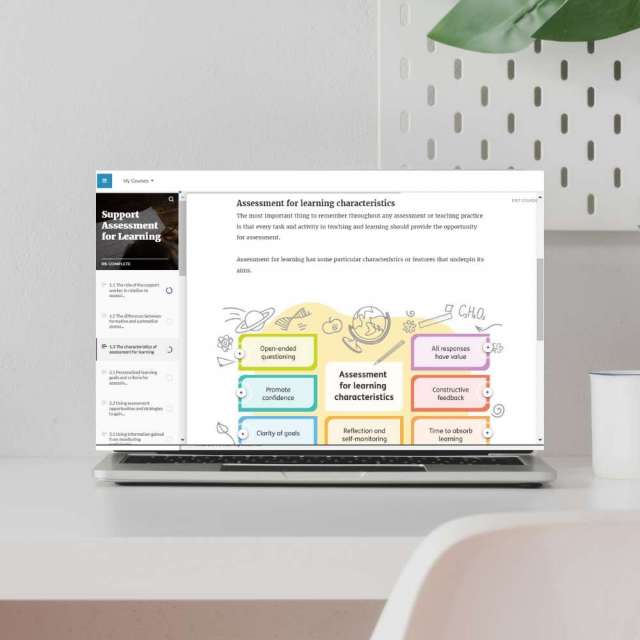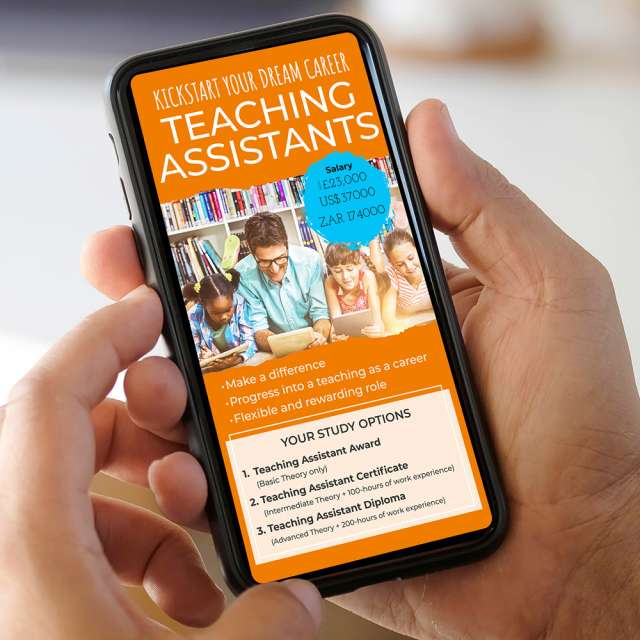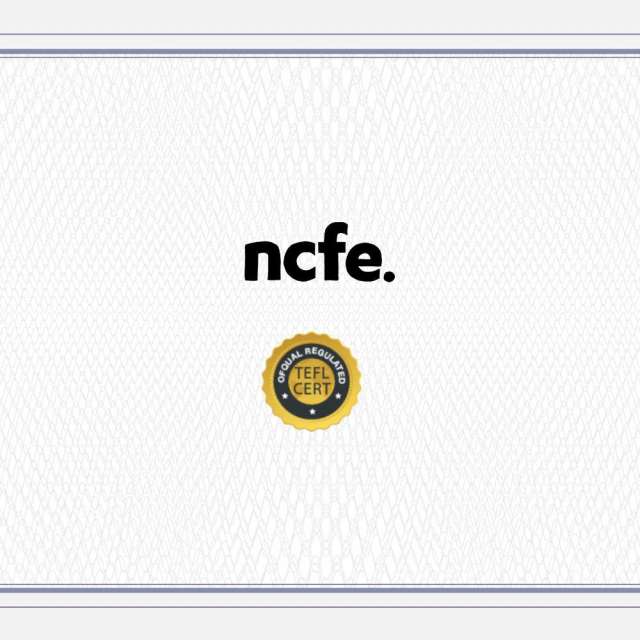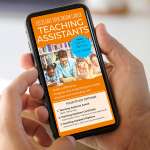Level 3 Diploma in Supporting Teaching and Learning
*Full price $984.00. Enrol today for $129 deposit plus 3 monthly payments of $285
OFFER ENDS Friday 20th February
Course overview
Want to build on your existing knowledge of being a Teaching Assistant, advance your career, take on much more responsibility, and be able to provide specialist support? Then you need a Level 3 Teaching Assistant Diploma!
This course is a combination of online theory and placement, to ensure you build on your practical experience and really develop your skills. During the theory portion of the course, you’ll cover all the essential Teaching Assistant knowledge covered in the Level 3 Certificate course and build on this, to develop skills in supporting students with specific educational needs or disabilities. You’ll also develop your communication skills, which are key to creating a positive learning environment and being able to advance in your chosen career.
Additional benefits of this course include:
- 100 – 200 hours of work experience
- Training in working in primary or secondary schools
- No prior experience needed
- Ofqual regulation – so you know your qualification is officially recognised by the UK government and welcomed by schools
- NCFE accreditation – so you can be confident your course has been externally verified as high quality
- Well-structured and easy-to-digest study material
- Great tutor support throughout
This Diploma follows the latest UK legislation, framework, guidelines, policies, and procedures in education. While this course has been developed to reflect the UK framework, the core principles and approaches you’ll learn can easily be transferred to schools across the world.
-
Tutors
-
Accreditations
-
Topics you'll cover
-
Modules
-
Course Duration
This Teaching Assistant Diploma will take about 310 hours to complete.
-
Quick FAQs



















